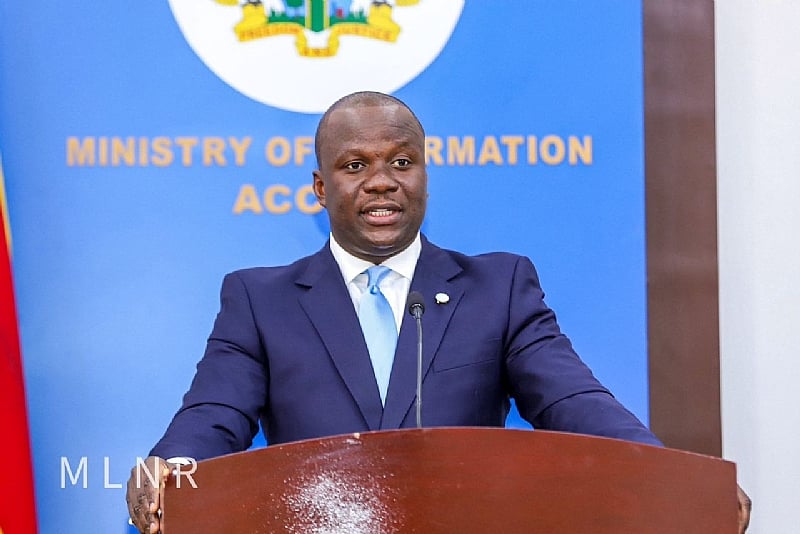The escalating conflict between Israel and Iran has sparked urgent calls from Ghana’s parliamentary Minority Caucus for the immediate evacuation of Ghanaian nationals stranded in both countries. The caucus, expressing deep concern over the government’s perceived inaction, emphasized the gravity of the situation and the pressing need for swift and decisive measures to ensure the safety and well-being of these citizens. The recent exchange of attacks, beginning with Israeli airstrikes on Iranian nuclear facilities followed by retaliatory missile launches from Iran, has created a volatile and dangerous environment, placing Ghanaian lives at risk. The Minority’s plea underscores the urgency of the situation and the potential consequences of delayed action.
The Minority Caucus, led by Samuel Abu Jinapor, Ranking Member on Parliament’s Foreign Affairs Committee, criticized what they perceive as a lack of effective response from the government, specifically the Ministry of Foreign Affairs. Jinapor’s social media post highlighted the government’s earlier assurances of evacuation, which appear to have not been fulfilled, leaving numerous Ghanaians trapped in the conflict zone. This perceived failure to act promptly has prompted the Minority to publicly urge the government to prioritize the safety of its citizens abroad and to take immediate action to facilitate their safe return. The caucus emphasized the importance of a proactive and coordinated approach, involving diplomatic channels, logistical resources, and international partnerships, to effectively address the crisis and ensure the well-being of Ghanaian nationals.
The caucus’s statement stresses the need for a comprehensive evacuation strategy, encompassing cooperation with Ghana’s diplomatic missions in both Israel and Iran, collaboration with international partners, and engagement with other relevant stakeholders. This multifaceted approach aims to ensure the efficient and effective removal of Ghanaians from harm’s way. The Minority’s criticism underlines the importance of proactive planning and preparedness in such situations, advocating for a robust mechanism to address the needs of citizens caught in international crises. They argue that bureaucratic delays and indecision should not jeopardize the lives of Ghanaians abroad.
The Minority Caucus further emphasized the escalating risks faced by Ghanaians with each passing hour, underscoring the urgency of the situation. Their statement serves as a stark reminder of the potential dangers faced by those trapped in conflict zones and the critical need for timely intervention. The call for immediate action reflects the caucus’s concern that procrastination could have dire consequences, potentially leading to injuries or fatalities among the stranded Ghanaians. This highlights the responsibility of the government to protect its citizens abroad, particularly during times of international instability and conflict.
The Minority’s criticisms underscore the importance of a well-defined and readily deployable evacuation plan for Ghanaian citizens residing in or visiting volatile regions. Such a plan should outline clear procedures for communication, coordination, and logistical support, ensuring swift and effective action in times of crisis. This proactive approach would not only facilitate the timely evacuation of citizens but also demonstrate the government’s commitment to their safety and well-being. By establishing a comprehensive and readily actionable evacuation strategy, the government can mitigate the risks faced by Ghanaians abroad and effectively respond to future emergencies.
The situation highlights the broader issue of consular services and the responsibility of governments to protect their citizens abroad. The Minority’s call for action serves as a reminder of the importance of robust consular services and the need for clear protocols and procedures to address the challenges posed by international conflicts and emergencies. The current crisis emphasizes the crucial role of diplomatic missions in providing support, guidance, and ultimately, safe passage for citizens caught in unforeseen circumstances. It also underscores the need for effective communication between the government and its citizens abroad, ensuring that they are informed and updated on evolving situations and available resources. Ultimately, the responsibility lies with the government to safeguard the lives of its citizens, both at home and abroad, through proactive planning, effective communication, and timely intervention.


